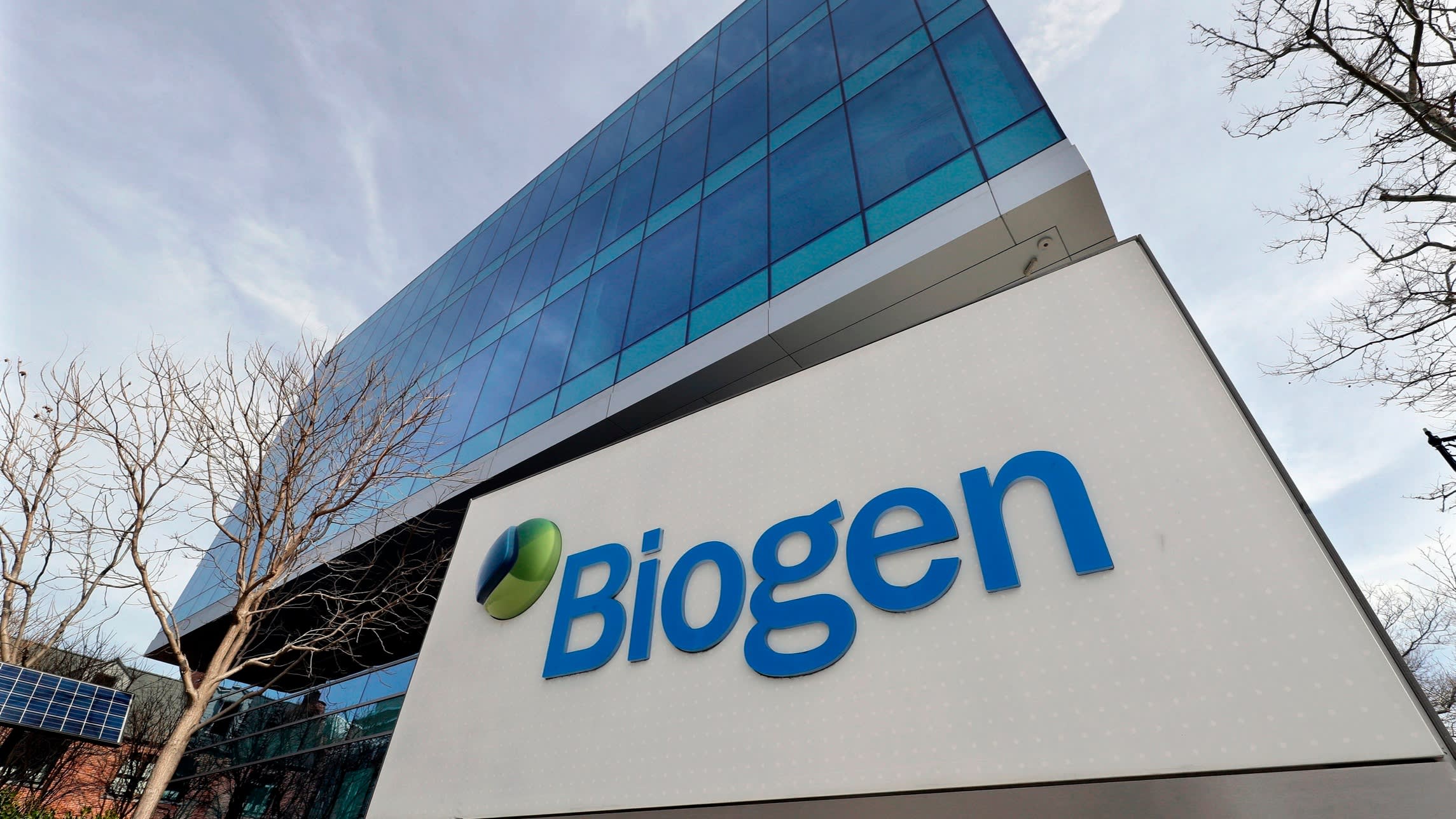A glimmer of hope in treating Alzheimer’s disease
Neuroscientists are celebrating this week’s publication of the firmest evidence so far of a treatment that slows the terrible, inexorable descent into dementia caused by Alzheimer’s disease. Lecanemab, developed jointly by Eisai of Japan and Biogen of the US, reduced the rate of cognitive decline by an average 27 per cent in a clinical trial with 1,800 early-stage patients.
The enthusiastic response of Alzheimer’s experts — who are using terms such as momentous and game-changing — is understandable. For decades researchers have failed to find a way of altering the personality-destroying course of the disease. More than 50mn people worldwide are living with dementia and the number is projected to exceed 150mn by 2050.
The trial is an encouraging demonstration that the disease can be treated by removing beta-amyloid, the gungy protein that gums up the brain as Alzheimer’s progresses. It should inspire an intensified drive to develop drugs that work better than lecanemab and can be prescribed to millions.

A healthy flow of future drugs that could make a real impact on Alzheimer’s and other forms of dementia will depend on nourishing the scientific roots of research and then helping promising projects across the “valley of death” from the labs where they begin life to larger drugs groups whose medical, marketing and manufacturing muscle can guide them through the regulatory process and into patients. More initiatives like the Dementia Discovery Fund, a public-private partnership based in the UK, are needed.
This story originally appeared on: Financial Times - Author:The editorial board




























